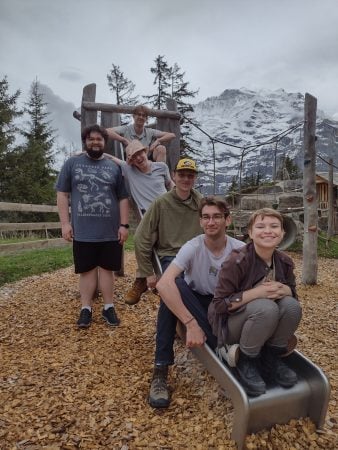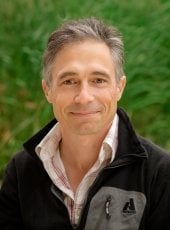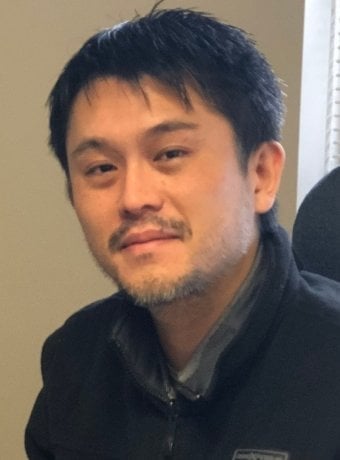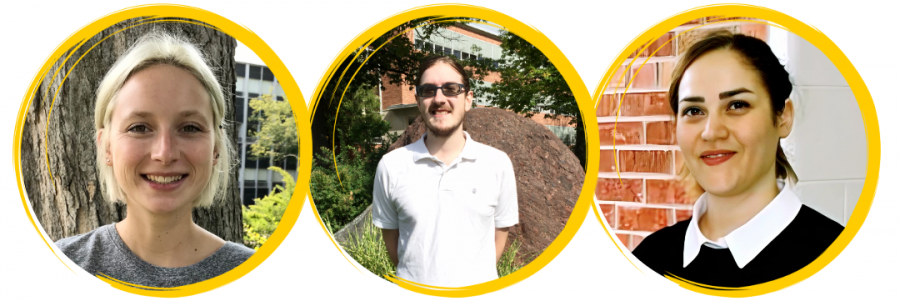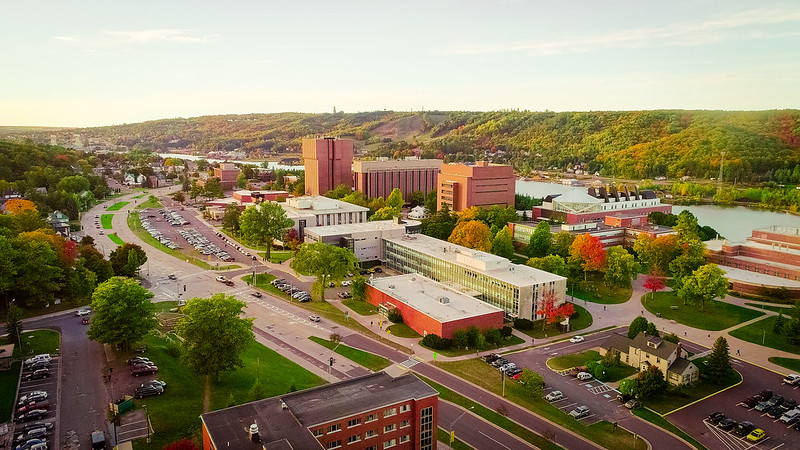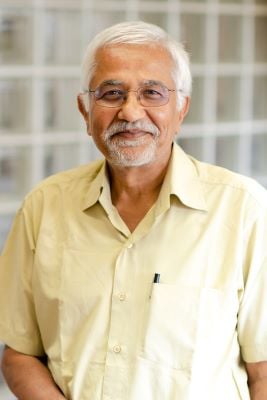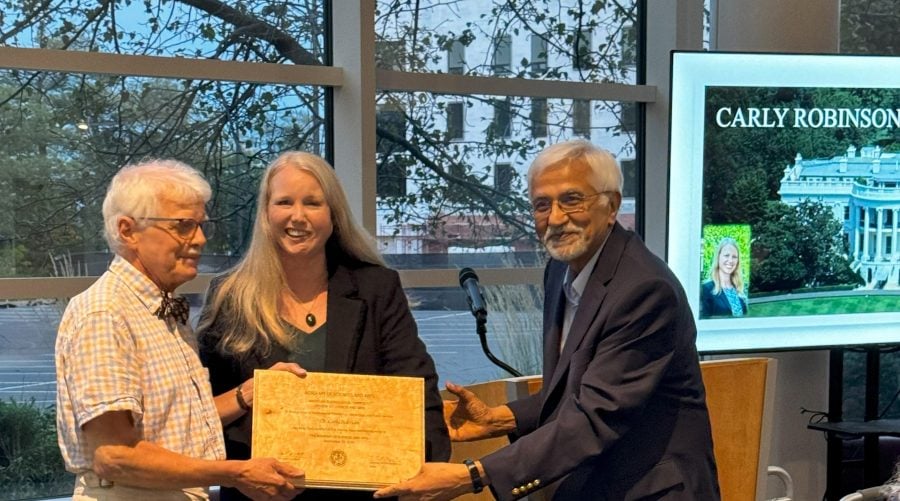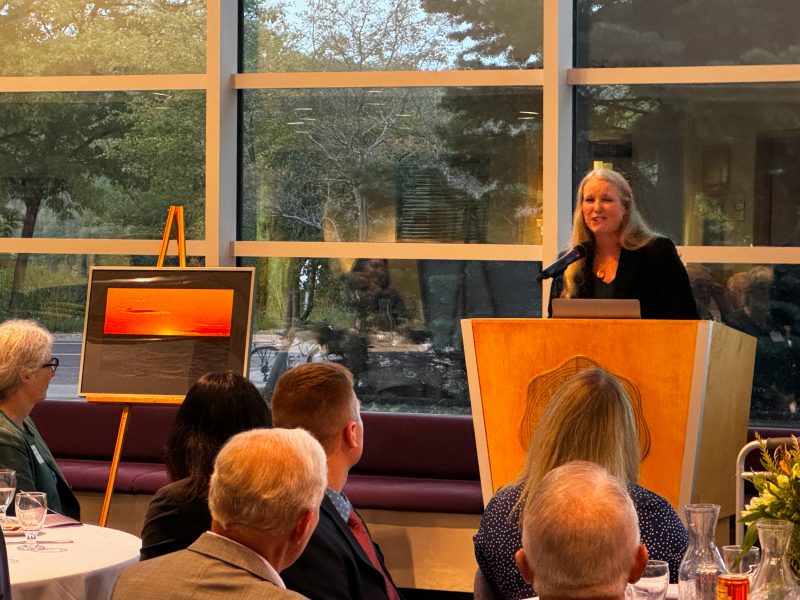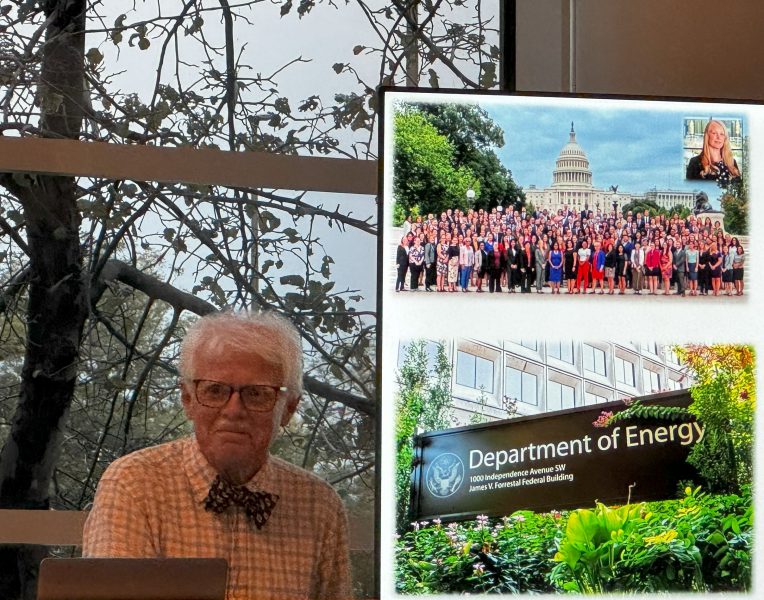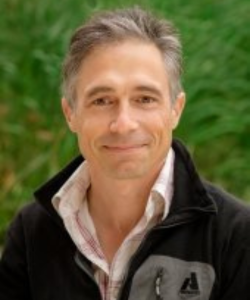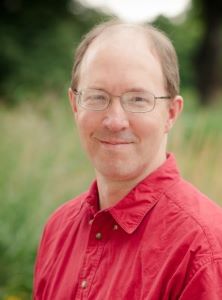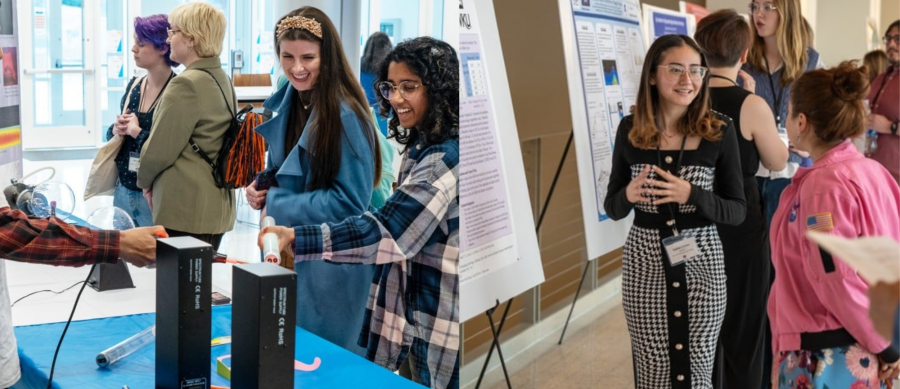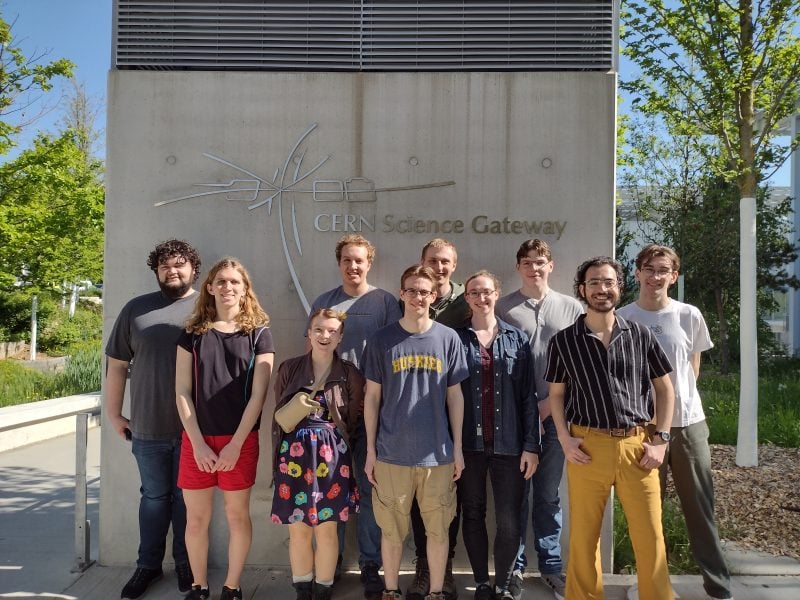
Ten senior undergraduates spent the beginning of May in Switzerland exploring scientific and cultural sites. Notably, the trip focused on a tour of the European Organization for Nuclear Research (CERN). CERN houses the largest high energy particle collider in the world, and performs cutting edge particle physics research. In fact, some of the students were so taken by the tour they returned to take it twice!
Their trip continued in Interlaken, where they engaged in outdoor activities in the Swiss Alps. They visited Albert
Einstein’s former residence in Bern, and had a day excursion to Lyon, France.
With the help of the Henes Center for Quantum Phenomena, we’re proud to provide our students the opportunity to find their place in the global community of physics.
